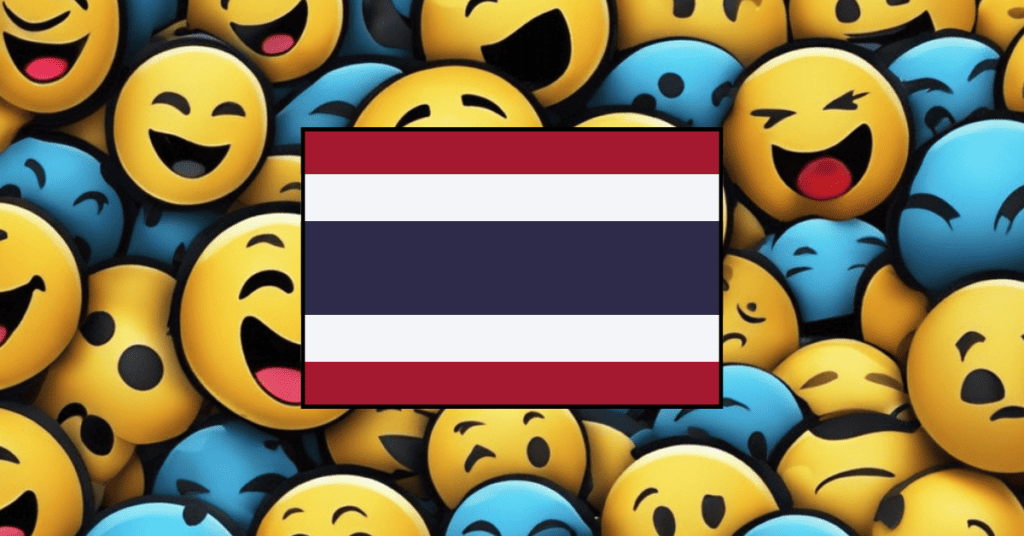Emotions in Thai, known as "สมาธิ" (samathi), play a significant role in Thai culture. Emotions are expressions of feelings like happiness, sadness, and anger. Thai people often use body language and facial expressions to convey their emotions. Emotions can affect how people communicate and interact with others. Understanding emotions in Thai can help build strong relationships and connections with the Thai people. In Thai society, it is important to express emotions in a respectful and appropriate manner. Learning about emotions in Thai can lead to better cross-cultural understanding and communication.
You'll find a variety of games below that can assist you in learning the Thai language topic of emotions. These games are designed to be fun and interactive, making your language learning journey enjoyable and effective.
Games
Study Resources
Vocabulary
| English | Thai |
|---|---|
| Anger | โกรธ |
| Anxiety | ความวิตกกังวล |
| Confidence | ความมั่นใจ |
| Contentment | ความสุข |
| Curiosity | ความอยากรู้อยากเห็น |
| Disgust | ความรักษาพลัง |
| Envy | ความเกลียดชัง |
| Excitement | ความตื่นเต้น |
| Fear | ความกลัว |
| Frustration | ความผิดหวัง |
| Guilt | ความรู้สึกผิดชอบ |
| Hope | ความหวัง |
| Jealousy | ความอิจฉา |
| Joy | ความสุข |
| Love | ความรัก |
| Pride | ความภาคภูมิใจ |
| Relief | ความสงบ |
| Sadness | ความเศร้า |
| Shame | ความอับอาย |
| Surprise | ความประหลาดใจ |
Quick Facts
- Emotions in Thai are expressed through facial expressions, body language, and tone of voice.
- Thai culture places a strong emphasis on maintaining harmony and avoiding confrontation, so emotions are often expressed subtly.
- The Thai language has specific words and phrases to describe different emotions, such as happiness, sadness, anger, and surprise.
- Thai people often use indirect expressions to convey their emotions, as direct confrontation is considered impolite.
- Understanding and respecting Thai cultural norms is essential in interpreting and responding to emotions expressed in Thai.









